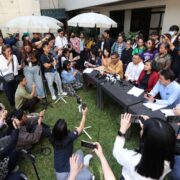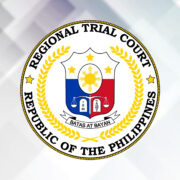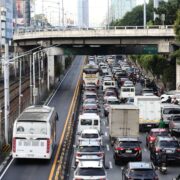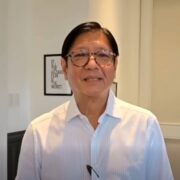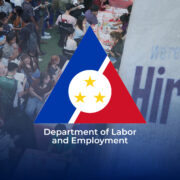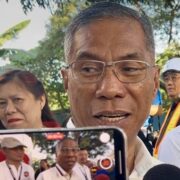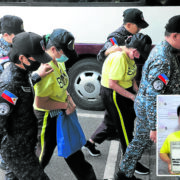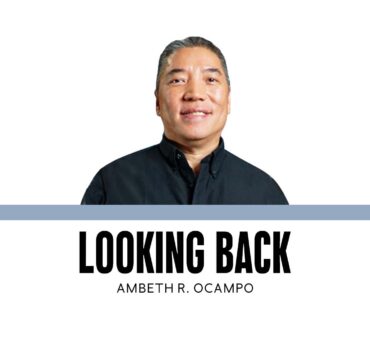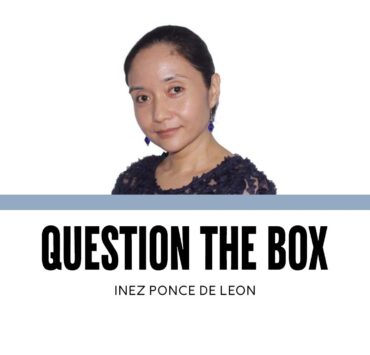Quiet wounds from a taboo choice
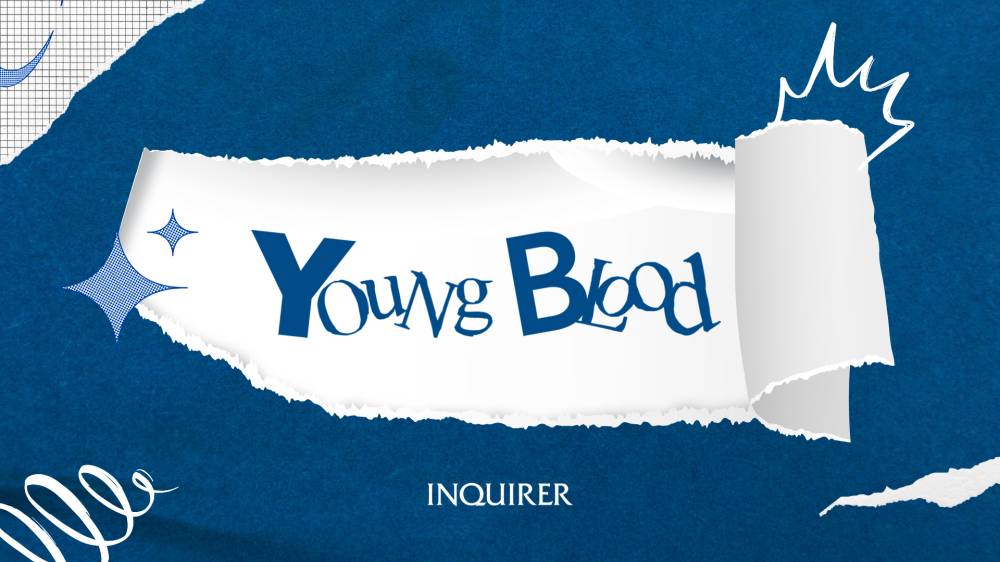
At 19, my sister was supposed to be discovering life, not mourning the one she never got to bring into the world.
In the Philippines, abortion is not just illegal, it’s unspeakable. It’s the secret no one admits to, the taboo that lives in the shadows of whispered judgment and false morality.
My sister found herself staring at two red lines that would change her life. She was a working student, juggling shifts and studies, exhaustion and dreams. There was no father in the picture, no partner to lean on, just her standing alone on the edge of a future she didn’t know how to face.
She wanted to keep the baby, a part of her did, but she also knew what awaited her: a family that would completely disown her, parents who had long gone separate ways, a community that would label her and a system that offered no safety net for young mothers without money or support. Her love for her unborn child collided with the cruel practicality of survival.
At work, some colleagues found out. They told her to keep the baby. That it was a sin to kill it. That God would punish her if she didn’t but none of them offered help. None said, “We’ll be here for you.” They only spoke of sin, not of support.
She wanted to be brave, but reality was merciless. Rent was due. School fees were waiting. Her body was growing heavy, but her world was falling apart. Nights turned into endless crying, her hands pressed over her stomach, whispering apologies in the dark.
With trembling hands and an ocean of fear, she made the only choice that felt possible in the impossible, she ordered pills online, from a faceless seller who promised safe results with no questions asked. She did what thousands of others do in secret.
No doctor, no nurse, no comfort. Only silence, secrecy, and pain.
The night it happened, she was alone in her room, the world carried on outside, vehicles passed by, laughter came from a nearby street while inside she fought with waves of pain and guilt. There was no emergency care, no assurance she’d even survive. Just a young girl bleeding in the dark because the law left her no other way.
Her room became a battlefield. The pain came in waves, violent and unrelenting. She clutched her stomach, biting her lip to stop from screaming. Three times she went to the bathroom, unsure what was happening: first blood, then clots, then something more. When the embryo finally came out, wrapped in silence and heartbreak, she stared at it for a long time. Not out of disgust, but out of grief so deep she could hardly breathe.
It was over and yet something inside her had changed forever.
The next day, she went to a doctor. She said she’d had a miscarriage. It was easier that way, safer. The doctor nodded, took notes, and never asked too many questions. That was the unspoken rule: when you’re a woman in this country, some truths can never be told.
No one knew. No one could know. She went to school and worked as usual. She smiled as she took orders and greeted customers, her body still aching, her soul battling a quiet storm. The country that told her she was too young to be a mother also told her she was a sinner for refusing to become one.
That’s the paradox of being a woman here: damned for your choices, whichever way you turn.
Weeks passed. Her body healed, but her spirit didn’t. She still felt phantom flutters, dreams where she was holding something small and warm. Sometimes, she would wake up crying without knowing why. But when she goes outside, to face the world, she would smile like nothing happened. Around others, she laughed, but inside … she carried the sound of that night—the silence, the pain and the unbearable loneliness.
This isn’t about justifying abortion. It’s about understanding what drives a 19-year-old to do it alone, to do it in secret, with no medical help, no family and no compassion. It’s about recognizing that criminalizing abortion doesn’t stop it, it only makes it more dangerous, more silent, more deadly.
My sister didn’t want to be a symbol for anything. She only wanted peace; but every day since, she carries a kind of grief that has no outlet. In a society that refuses to acknowledge her pain, healing feels like a privilege she cannot afford.
This isn’t just her story. It’s the story of countless young women who are left to suffer in the shadows—judged, silenced, and forgotten.
She was 19, scared, and alone.
And in a country that calls it a sin, her only crime was being human.
—————-
Jeniville Villamor, 26, once worked as a mental wellness ambassadress. This piece is her way of breaking the silence around stories we’re often told to hide. She hopes it reminds those with a similar situation that they are not alone.




